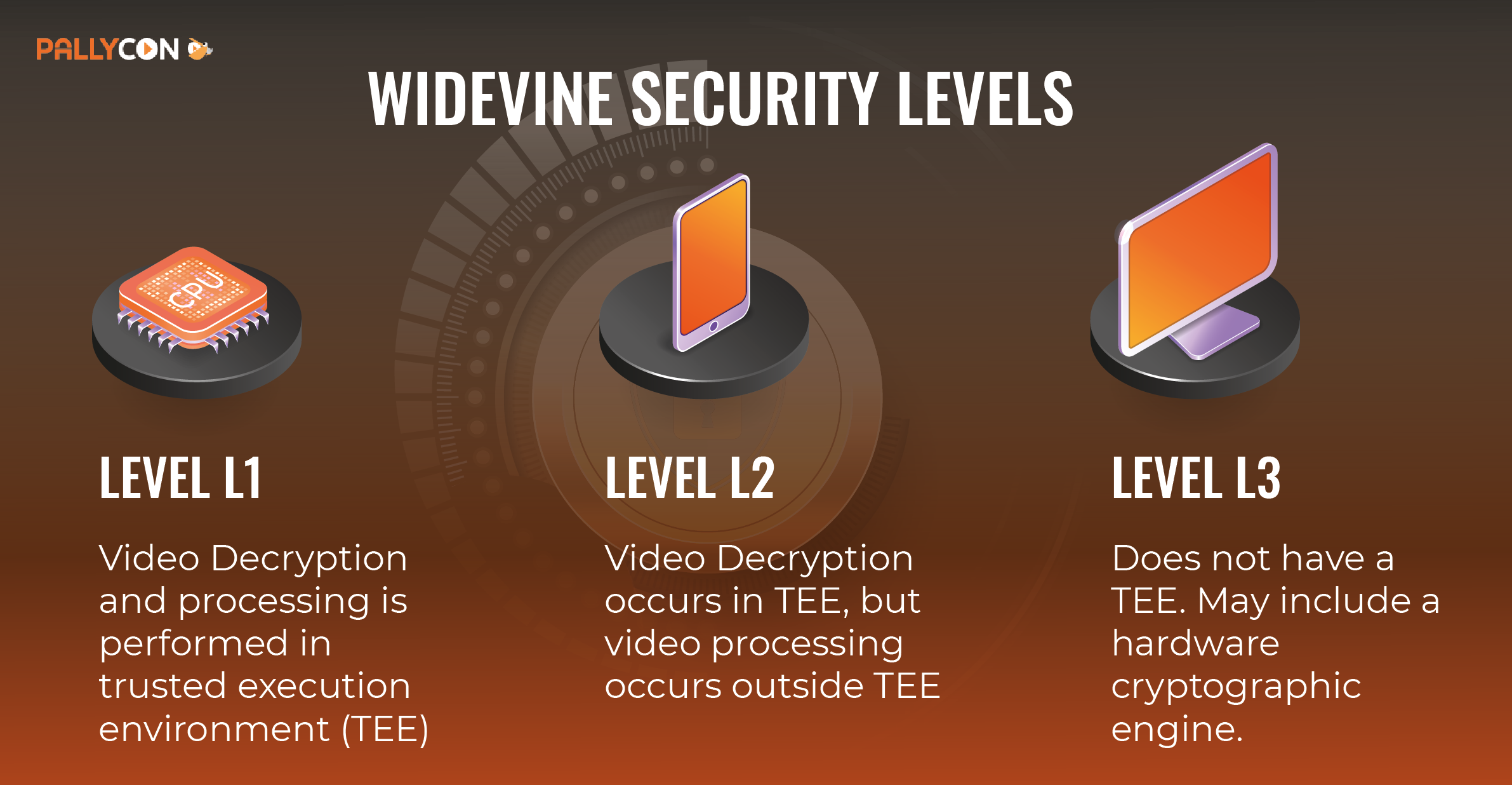Cybersecurity Recap: Chrome Zero-Day, Gemini Hacks, Linux Malware, and MitP

Cybersecurity Recap: Chrome Zero-Day, Gemini Hacks, Linux Malware, and MitP
Stay informed about the latest cybersecurity threats! This week's recap covers critical vulnerabilities in Chrome, emerging risks with Gemini AI, the persistent rise of Linux malware, and the novel "Man-in-the-Prompt" attack targeting AI tools. Read on to learn how to protect yourself and your systems.

Abstract digital landscape with glowing nodes and locks representing cybersecurity themes. 3d rendering.
Chrome Under Attack: High-Severity Vulnerabilities Patched
Google recently released an urgent security update for Chrome to address multiple high-severity vulnerabilities. One critical flaw, tracked as CVE-2025-8292, could allow attackers to manipulate memory and execute arbitrary code on users' systems. This vulnerability was actively exploited in zero-day attacks, highlighting the importance of promptly updating your browser. Apple also released security updates to address a related flaw exploited in these attacks.
- Impact: Memory manipulation, arbitrary code execution.
- Recommendation: Update Chrome to the latest version immediately.
- Reference: PC World Article
Gemini AI: Prompt Injection and Hidden Threats
Google's Gemini AI is facing new security challenges, particularly concerning prompt injection attacks. Researchers have discovered that Gemini for Workspace is vulnerable to indirect prompt injection, where malicious instructions can be embedded in external data sources that Gemini processes. Additionally, attackers can use hidden HTML prompts to hijack Gemini's behavior, potentially leading to unintended or harmful outputs. Businesses using Gemini should implement strict input filtering and monitor AI-generated outputs to prevent social engineering attacks.
- Impact: Prompt injection, social engineering attacks.
- Recommendation: Implement input filtering and monitor AI outputs.
- Reference: Medium Article on Gemini AI Hack
Linux Malware: The Plague and Other Rising Threats
Linux systems are increasingly targeted by sophisticated malware. A new 'Plague' PAM backdoor has been discovered, allowing attackers to hijack SSH access and erase forensic traces. This malware has remained undetected for a year, indicating a high level of sophistication. Furthermore, wiper malware embedded in Go modules hosted on GitHub poses a significant threat to the Linux and developer community. It is crucial to implement robust security measures to protect Linux systems from these evolving threats.
- Impact: SSH hijacking, data wiping.
- Recommendation: Implement robust security measures and monitor systems for suspicious activity.
- Reference: The Hacker News Article on Plague Malware
Man-in-the-Prompt: A New Attack on AI Tools
A novel attack method called "Man-in-the-Prompt" (MitP) targets popular AI tools like ChatGPT and Gemini. This attack exploits vulnerabilities in the Document Object Model (DOM) of web pages, allowing malicious browser extensions to inject, intercept, and manipulate prompts in real-time without user knowledge. This can lead to attackers reading from and writing to AI prompts undetected, potentially compromising sensitive information or manipulating AI outputs. Users should be cautious about the browser extensions they install and ensure they are from trusted sources.
- Impact: Prompt manipulation, data compromise.
- Recommendation: Be cautious about browser extensions and their permissions.
- Reference: Webasha Article on Man-in-the-Prompt Attack
Key Takeaways
The cybersecurity landscape is constantly evolving, with new threats emerging regularly. Staying informed about the latest vulnerabilities and attack methods is crucial for protecting yourself and your systems. This week's recap highlights the importance of:
- Promptly updating software to patch known vulnerabilities.
- Implementing robust security measures to protect Linux systems.
- Being cautious about browser extensions and their permissions.
- Monitoring AI-generated outputs for potential manipulation.




